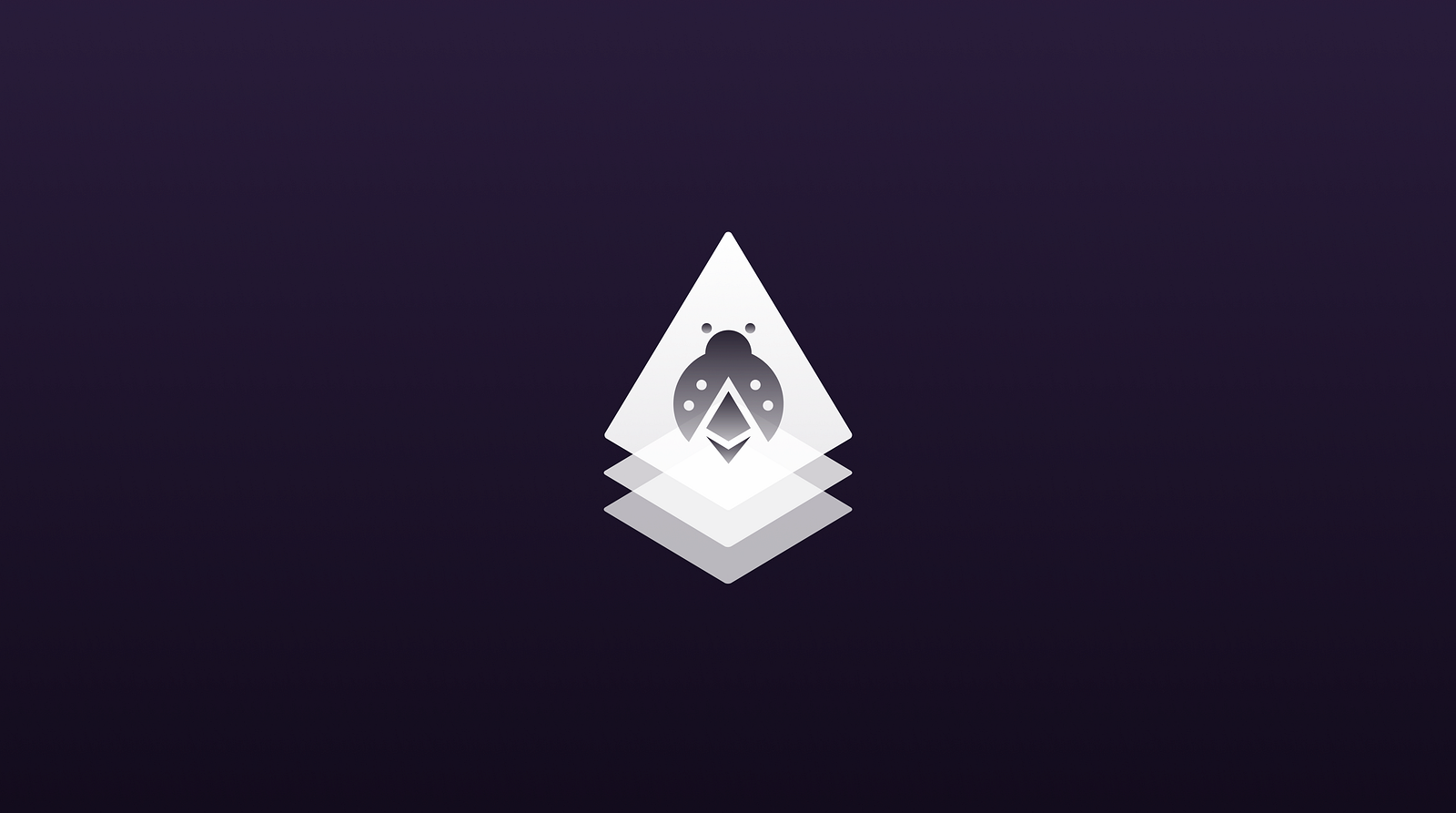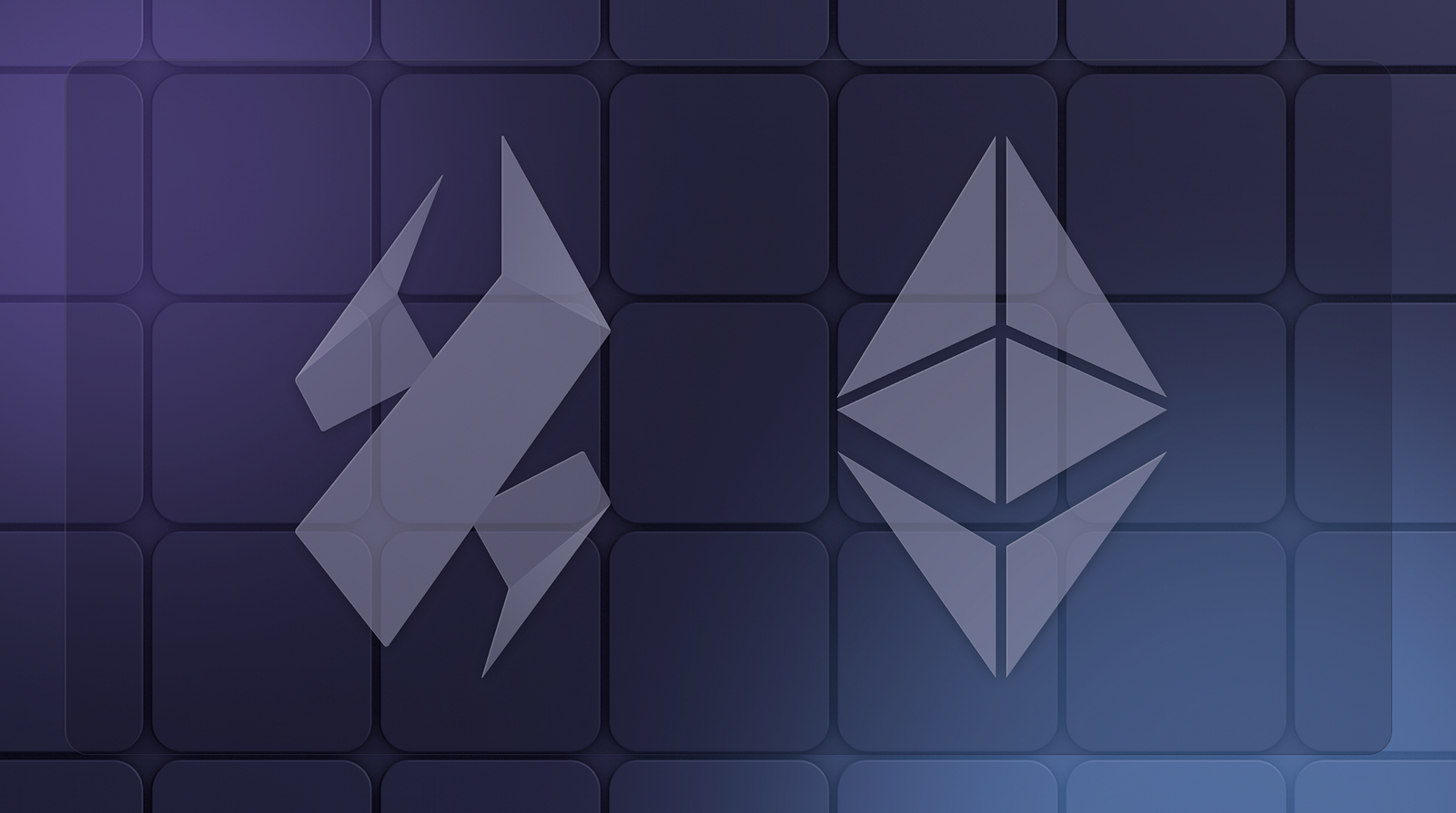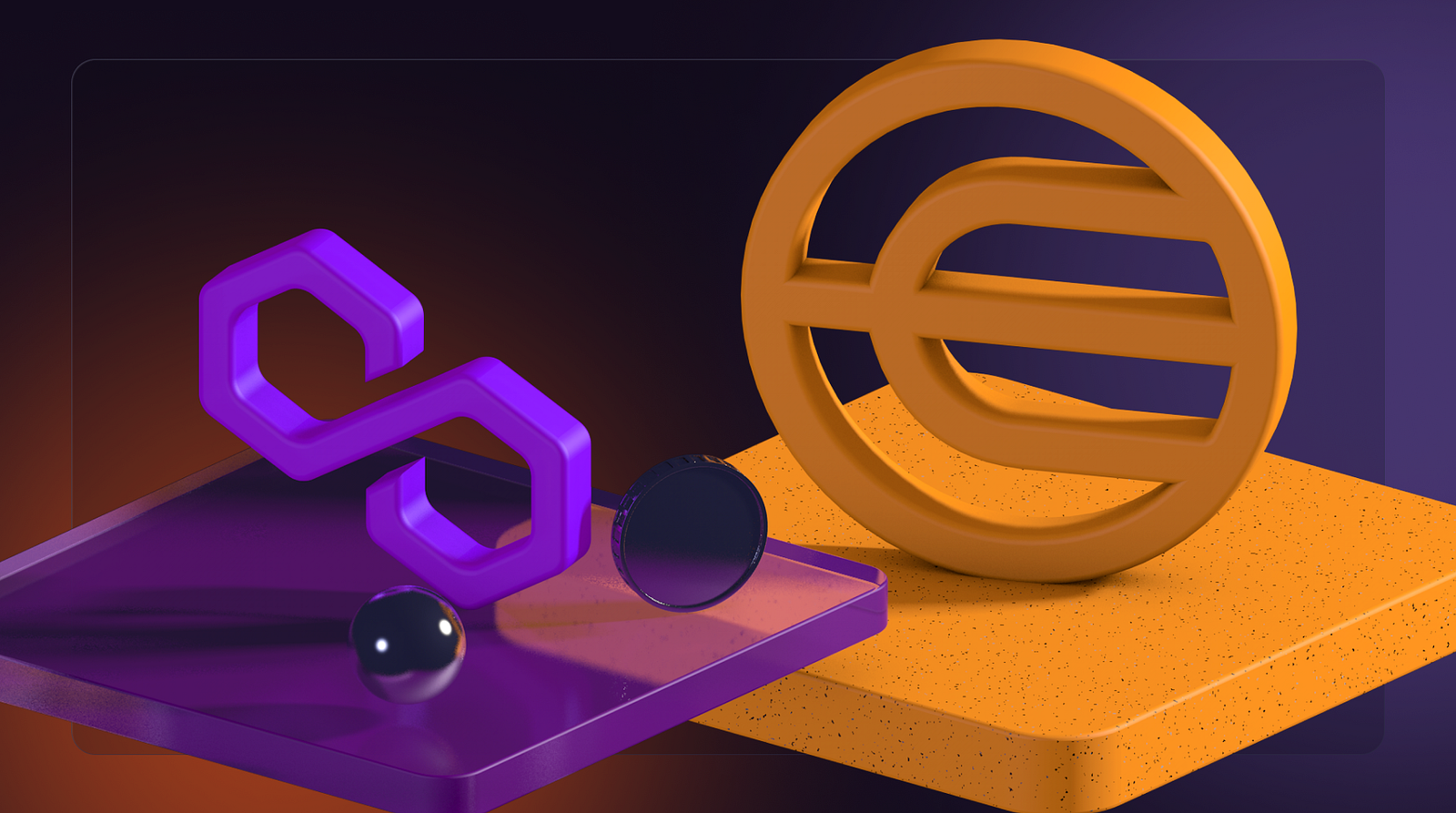This time we will cover:
- Skandha release 0.0.3
- Bram Cohen criticizes Ethereum
- Account abstraction could bring the next billion users to Ethereum — Ambire CEO
- OpenAI CEO launches gas-free wallet
- Lufthansa eyes Web3 future
- Smart-contract registry Cookbook raises $2M
- Idexo transitions to ZkSync
Please fasten your belts!
Skandha release 0.0.3
Etherspot has released version 0.0.3 of the Skandha bundler, a modular TypeScript implementation of ERC4337 (Account Abstraction). Now it introduces seamless integration with Stackup’s userop.js.
This update enables developers to streamline execution layer RPC calls by routing them to the underlying Layer 1 (L1) node without the need for separate RPC configurations.
By leveraging Stackup’s userop.js alongside Skandha bundler, developers can optimize their workflow and resource utilization. The bundler acts as an intermediary, facilitating efficient interaction between userop.js and the L1 node.
Skandha’s modular architecture ensures compatibility and easy extension of functionalities, empowering developers to build complex decentralized applications (dApps) seamlessly.

With this release, Skandha simplifies the development process by consolidating execution layer RPC calls and eliminating configuration complexities. Developers can now focus on building robust and innovative dApps without the hassle of managing multiple RPC URLs.
We also highly recommend reading this Twitter thread about the importance of the p2p interface and why it’s needed in bundlers.
Bram Cohen criticizes Ethereum
Bram Cohen, the creator of BitTorrent and Chia Network, has criticized Ethereum’s vision of being a ‘World Computer’ with infinite on-chain scaling.
He deems it a flawed idea due to the redundancy of on-chain validation and the subpar platform of Solidity and the Ethereum Virtual Machine (EVM).
Despite engineering efforts, Ethereum’s transaction throughput is only double that of Bitcoin.
Cohen also points out the platform’s increasing centralization and Miner Extractable Value (MEV) issues. While Ethereum has shifted focus to ZK rollups and proof of publication, sharding has seemingly been abandoned.
The coder believes Ethereum’s development lacks progress and neglects crucial problems.
Account abstraction could bring the next billion users to Ethereum — Ambire CEO
Ambire CEO Ivo Georgiev discussed the game-changing potential of account abstraction on the Ethereum network during a recent interview.
Georgiev believes that account abstraction, which makes crypto wallets programmable, could solve the challenge of self-custody and attract billions of users to Ethereum. The technology allows for enhanced security features like two-factor authentication and the embedding of wallets on websites, making them more accessible and user-friendly.
Georgiev also highlighted the importance of refining the user onboarding process and suggested removing certain features, like swapping, to achieve a minimalistic design. While expressing concerns about the regulatory landscape, Georgiev remains optimistic that wallets will not be the primary target of regulators.
Account abstraction holds the key to unlocking Ethereum’s potential and ushering in a new era of decentralized finance and digital interaction.

OpenAI CEO launches gas-free wallet
Worldcoin, founded by Sam Altman, the founder of ChatGPT, has introduced a groundbreaking gas-free crypto wallet named “World App,” specifically designed for verified humans.
This Android and iOS-compatible wallet operates on the Polygon network, enabling secure storage and transfer of cryptocurrencies such as USDC, DAI, ETH, WLD, WBTC.
Leveraging the innovative “World ID” system, the wallet utilizes zero-knowledge proofs to distinguish between humans and bots.
Users can register for a World ID using their phone number or iris scan to access feeless transfers.
Even without a World ID, the app remains functional but without feeless transactions.
The wallet integrates with regulated exchanges like Moonpay and Ramp, simplifying onboarding and offboarding processes. By prioritizing user privacy and providing a user-friendly experience, Worldcoin aims to revolutionize crypto transactions and foster wider adoption.

Lufthansa eyes Web3 future
Lufthansa and Eurowings, along with other major players in the travel industry, are embracing Web3 technology following the launch of the Camino Network.
In an interview, Lufthansa’s head of channel partners, Johannes Walter, highlighted the potential of decentralization and tokenization in creating new business models and partnerships, improving transparency, and enhancing the customer experience.
Eurowings’ CEO Jens Bischof sees Web3 as a cost-efficient and secure solution to address the industry’s data demands. While Air Canada and Etihad Airways have already integrated blockchain solutions, Bischof noted the lack of clear regulations as a deterrent to mass adoption.
However, with global players and European institutions leading the way in Web3 adoption and regulation, the future looks promising.
Web3 integration in the travel industry presents opportunities such as using the metaverse to inspire travelers and exploring non-fungible tokens for airline revenue. As travel giants embrace Web3, the industry is poised for transformative changes that prioritize transparency, innovation, and enhanced customer experiences.

Smart-contract registry Cookbook raises $2M
Smart-contract registry Cookbook has raised $2 million in a funding round to support Web3 developers. Cookbook aims to become the most comprehensive platform for Web3 developers, offering tools to launch production apps.
The investment will enable Cookbook to streamline developers’ work and reduce costs for companies. Participants in the funding round included MaC Venture Capital, Tagus Capital, Superscrypt, Alchemy.
The funds will also contribute to the creation of free educational content for Web3 builders, complementing the existing platform’s resources.
Cookbook has already served over 1,500 developers, providing access to more than 3,000 smart contracts. The platform assists developers in finding battle-tested open-source smart contract templates, ensuring the reliability of their projects.

Idexo transitions to ZkSync
Idexo, the NFT Innovation Infrastructure leader, has announced its strategic move to zkSync, a leading Ethereum Layer 2 scaling solution leveraging Zero Knowledge technology. Following a unanimous community vote, idexo bids farewell to Fantom and embarks on a new journey packed with groundbreaking ventures and spinouts.
To address the Ethereum network’s transaction gas cost volatility, idexo introduces GasHedge DAO contracts. These contracts, powered by directional staking technology, invite interested parties to stake idexo’s native token in a pool governing a stable gas pricing protocol.
Accessible through smart contracts and UI, the gas stability protocol will be deployed on zkSync. It revolves around “method credit tokens” used at run-time for specific actions like minting NFTs or making DEX swaps. Users can create these ERC20 tokens, and DEX contracts enable trading options. A Paymaster system accepts ERC20 tokens as payment for actual transactions, handling gas payments at transaction time.

Idexo’s NFTMe mobile app and directional pool leverage zkSync’s Account Abstraction features, enhancing user experience. Users can effortlessly create and sell NFT collections crafted from selfies.
The DEX for idexo’s native token finds a new home on Mute, part of the zkSync transition. zkSync integration into idexo’s no-code SaaS product and low-code API enables easy creation of NFT and Soulbound Token collections and other smart contract types.
Also, an AI-generated NFT Collection and Game spinout are set to launch on zkSync. The Early Adopter Soulbound Token program, renamed Early Adopter v2, allows existing NFT holders to mint the base rank token, while new members can participate in a free mint event on Twitter.
Subscribe to Etherspot’s Everything About Account Abstraction Newsletter!
Start exploring Account Abstraction with Etherspot!
Want to learn more about Account Abstraction? Listen to the Billion Moonshots episode with our CEO, Michael Messele. The discussion covers the explanation of AA, wallet as a service, onboarding Web2 developers to Web3, leveraging AI, and much more!
- Learn more about account abstraction here.
- Head to our docs and read all about the Etherspot SDK.
- For a plug & play integration, review the BUIDLer react component.
- Explore our TransactionKit, a React library for fast & simple Web3 development.
- Follow us on Twitter and join our Discord.
Is your dApp ready for Account Abstraction? Check it out here: https://eip1271.io/
Get In Touch:
Website | Twitter | Discord | Github | Telegram
Powered by Etherspot
BUIDLer React Component | TransactionKit | Etherspot Dashboard | Pillar Wallet | AirdropMe

